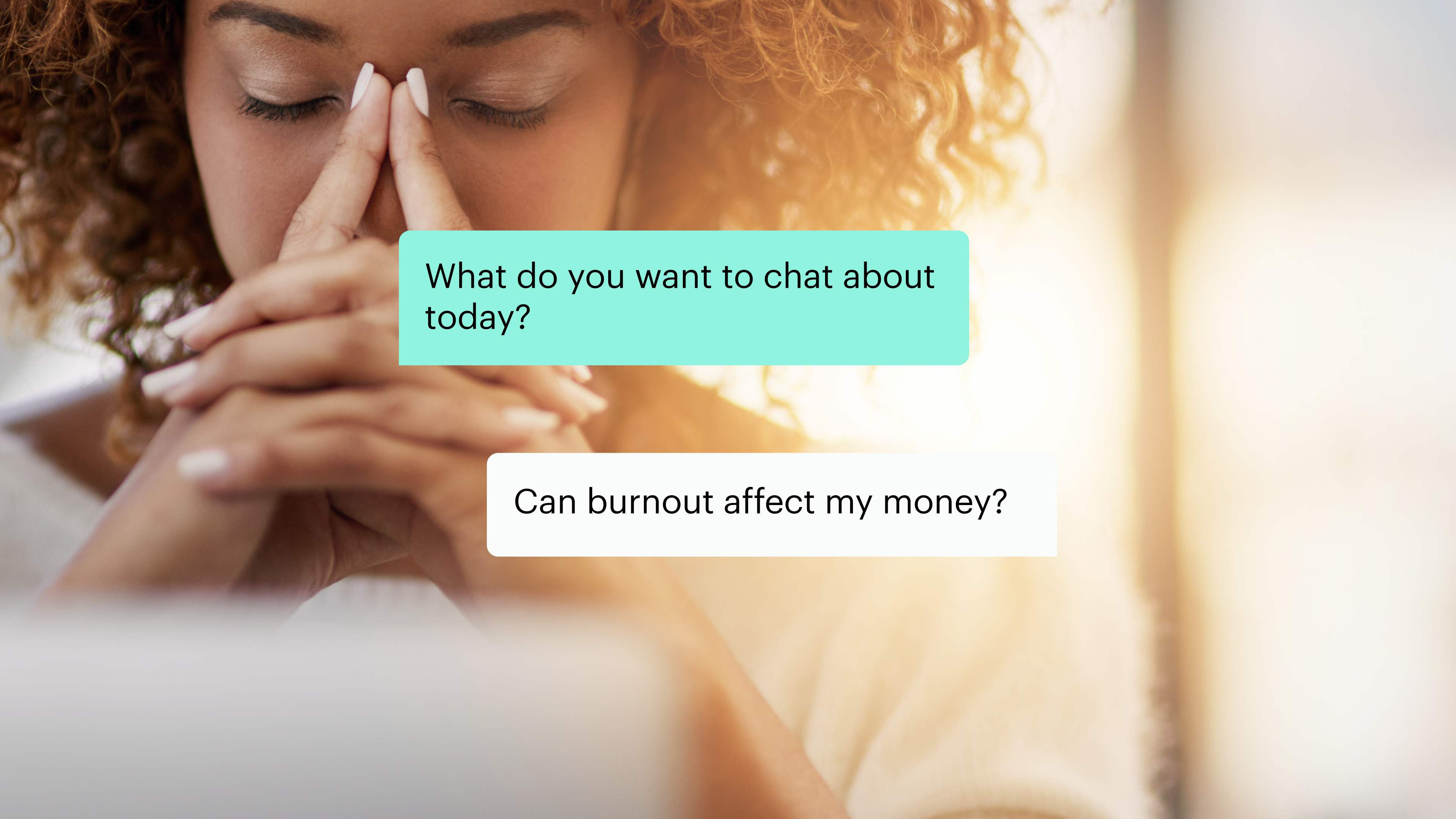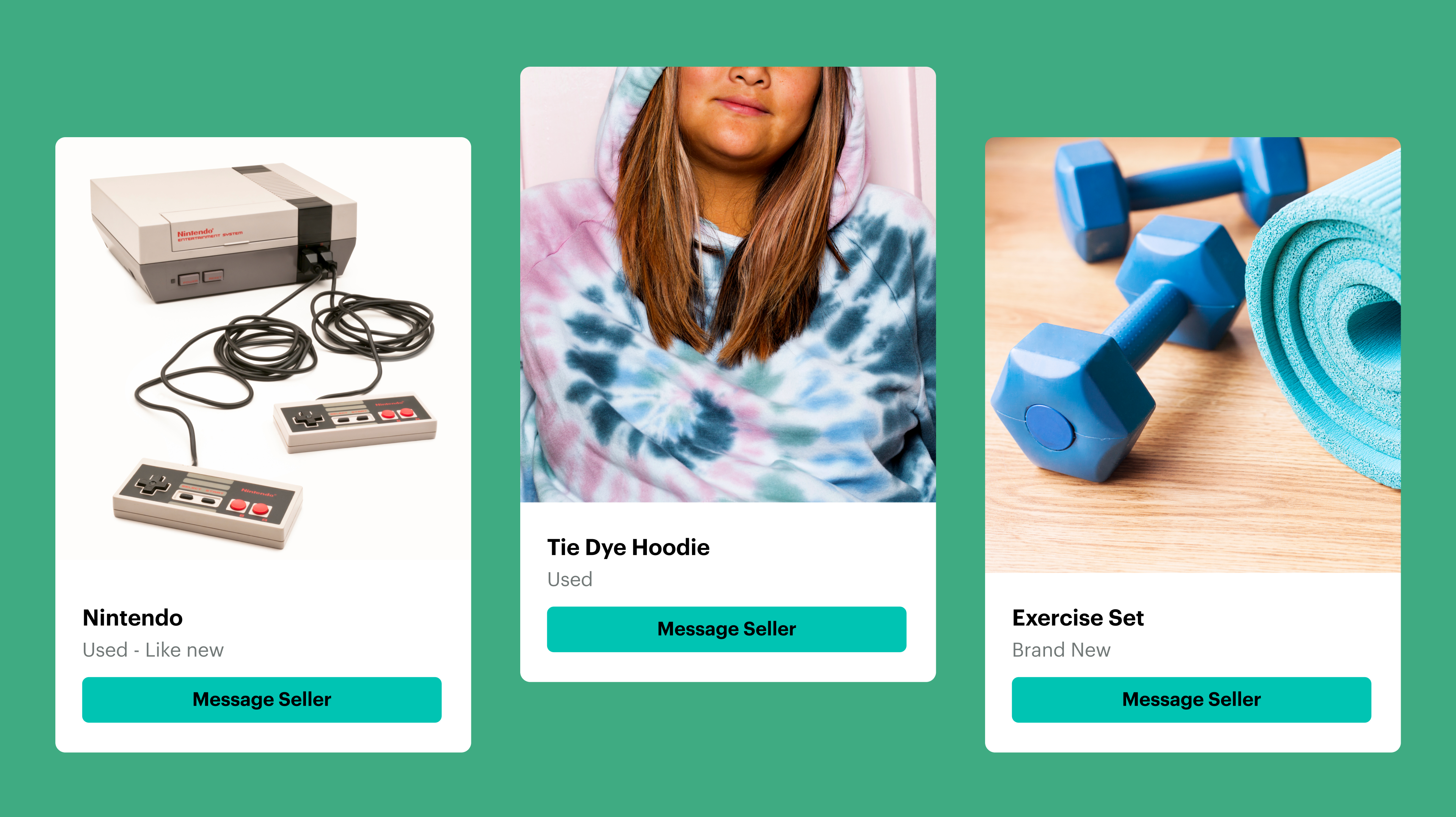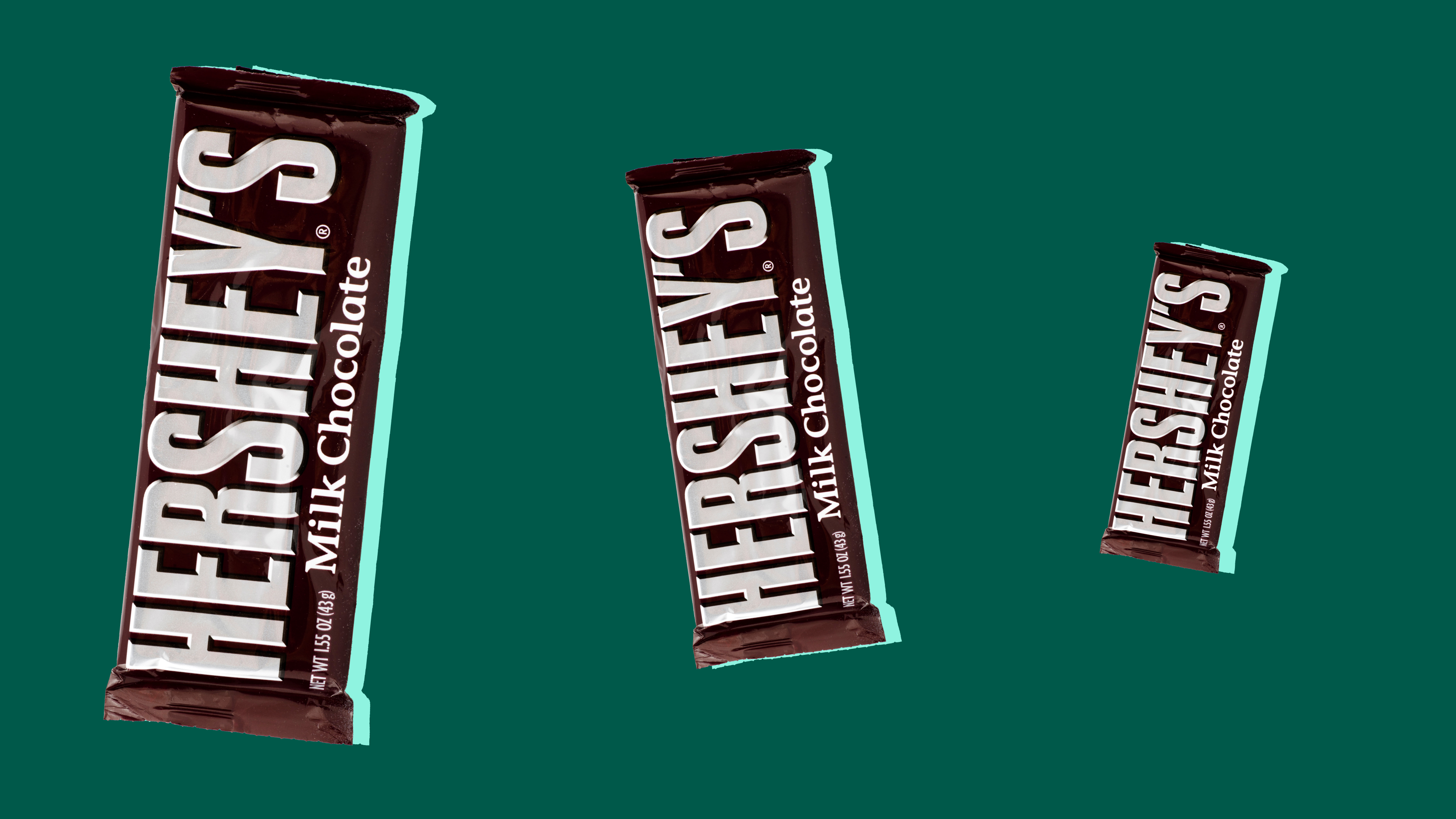Hi.
On Women’s Equality Day (yesterday), our co-founders and co-CEOs Carly Zakin and Danielle Weisberg talked with other VIPs about what a return to work should look like and how to best serve women in the workplace. Here’s a recap. And spoiler: paid leave and caregiving help are crucial.
Headlines, Skimm’d
Wake me up when September ends. On Tuesday, House Democrats narrowly approved a $3.5 trillion budget resolution that sets the stage for big changes on healthcare, childcare, and climate change down the road. As part of the compromise, House leadership set a working deadline to vote on the $1.2 trillion infrastructure bill by September 27. PS: if you support the gov improving national policies on child care and paid leave, let your elected officials know (and see what to say here).
Benefits cliff ahead. Three pandemic-era unemployment benefits programs – including an extra $300 in weekly payments – are officially ending nationwide next week. Some think cutting the enhanced benefits will get more Americans back to work. But studies show that most workers in the 26 states that opted out of these programs early still had a hard time finding a job.
Stamp of (FDA) approval. This week, the full green light for Pfizer's COVID-19 vaccine gave a booster to travel and entertainment stocks that stand to benefit from increased vaccination rates. That helped push both the NASDAQ 100 and S&P 500 to new highs. But some on Wall Street are still worried that an uptick in COVID-19 cases and new variants could prolong the pandemic further.
Let's Talk About…

What Burnout Has to Do With Your Money
Short answer: a lot. After the past year and a half, people all around the world are saying they're burnt out. Common symptoms include: anxiety, stomachaches, headaches, insomnia… and maybe overspending (hi, retail therapy). It can also take a toll on your career. One study found that burnout was the main reason three out of four women in senior-level positions thought about downshifting or leaving their jobs. We Skimm’d how you can lessen burnout’s impact on your brain and budget.
Make Good (Money) Choices

If your pandemic splurges are giving you buyer’s remorse...
Resell the stuff that doesn’t fit your new normal. Like all those loungewear sets that may be NSF(on-site)W. Or the exercise bike that’s turned into a clothing rack. You can list your items on platforms like Facebook Marketplace, Poshmark, Craigslist or TheRealReal for luxury items. See what similar listings have sold for to price your stuff reasonably. Be sure to include a good description with clear photos and details on any wear and tear. And keep an eye on your inbox. Quick replies to potential buyers could help you seal the deal ASAP.
If you're thinking of working from a new home…
Compare the cost of living (hint: the amount of money needed to cover necessities like food, housing, and healthcare) before you pack your bags. Because your zip code could have a big impact on your budget. Example: a dollar goes further in Buffalo, NY vs. NYC, aka the new most expensive rental market in the US. Which is why employers like Google may cut pay for remote workers moving to cheaper places. This calculator can help you figure out how far your salary could go wherever you want to move.
If you want to help close the wealth gap…
Put your money where the market is. A new survey says 40% of women don’t currently own any investments vs. just 28% of men. Worse, 59% of Black women and 48% of Hispanic women are not invested. Lower incomes and massive student loan debt are largely to blame. While no one woman can close the gap on her own (psst...doing that will take major policy reforms from employers and the gov), investing even a small amount can help improve those stats. And starting to invest now means giving your money more time to grow. Pro tip: contribute to a retirement account first. Even if it seems like it’s still years away, going permanently OOO is probably your most expensive goal.
Thing to Know

Shrinkflation: Like inflation's sneaky sister. Reminder: inflation is the general increase in the cost of everyday items. (And it's rising at the fastest rate it has in 30 years, by one gov measure.) Companies may choose to raise prices when they need to bring up their bottom lines. But that could turn off consumers and wind up hurting sales. So instead, they might try cutting costs by giving you a little less for the same price. Think: a smaller bag of chips. Or a cereal box that feels a little lighter. Slight changes like that can be easy to miss if you’re not paying attention. And warning: it could ding your budget if you buy more to make up for the shrinkage.
Hot Off the Web
Federal Reserve Chair Jerome Powell sees the gov pulling back some economic support before EOY.
Supreme Court ends eviction moratorium.
Airbnb is giving 20,000 Afghan refugees free housing.
Tina Tchen resigned as Time's Up CEO.
OnlyFans did a 180 on its decision to ban sexually explicit content.
Subscribe to Skimm Money
Your source for the biggest financial headlines and trends, and how they affect your wallet.